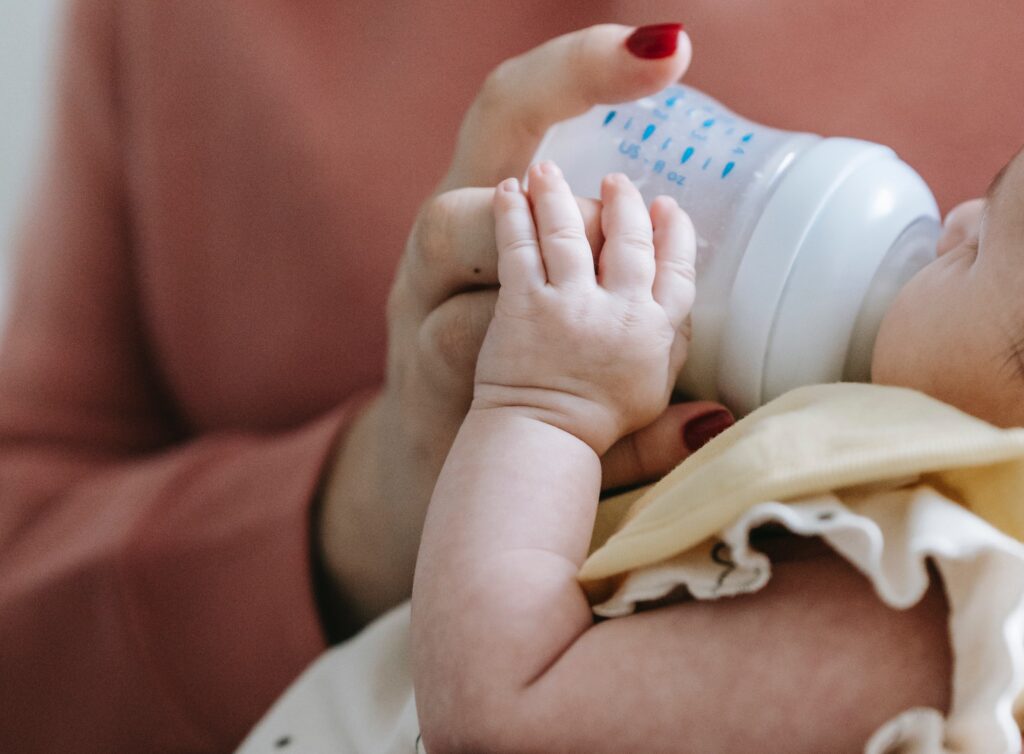
Running Dry
May 23, 2022
As a parent of a 5-month-old, the daily patterns of my household revolve around nap times, bedtimes, and baby bottles. Normally, parents using bottle feeding were concerned only with the bottle being sanitized, the contents being of the correct volume, and provided at the right time, temperature, and angle. Lately, though, just filling the bottle has become a daunting challenge due to the troubling ongoing formula shortage. Some of the shortages over the past couple of years have been humorous, such as the lack of garden gnomes. The formula shortage, however, is no laughing matter.
A formula recall in February by Abbott Laboratories, maker of Similac powdered formula, has compounded a dire situation for parents of babies who depend on formula as a primary source of nutrition or to supplement breastmilk. Abbott’s recall was in response to an alleged bacterial contamination of certain batches of its formula. The result has been the closure of its Michigan plant for three months. During that time, store shelves have become increasingly bare. Within the past couple of weeks, major retailers, including Target, CVS, and Kroger, have imposed purchase limits on customers.
Abbott enjoys the largest market share of the three major producers of formula in the United States who dominate the market. Producers have been vocal about the challenge of forecasting demand, referencing the start of the pandemic when formula hoarding took place, followed by a drop in buying volume. Now, anxious parents again have resorted to stockpiling formula, exacerbating shortages.
While heated opinions about the causes of the current debacle abound, some argue that regulation and import restrictions are partly to blame. The FDA regulates formula strictly, with most formula produced in Europe not meeting US labeling guidelines set by the FDA. Domestic production depends on just a few facilities. Reliance on a concentrated national supply of such a vital staple exposes weakness in the current era of de-globalization.
Some parents have overlooked regulatory limitations, ordering European formula online at a significant markup, hoping it is not seized by the FDA in customs. Also visible are collaborative assistance efforts. Here in Atlanta, local formula sharing groups allow families with unused formula to redirect it to families of infants in need without questions, remuneration, or red tape.
This week, Abbott and the FDA reached an agreement to address perceived safety issues at its Michigan plant. The plant is expected to reopen soon, with the effect of restarted production visible on shelves in another 6-8 weeks. As an emergency measure, the government has also enlisted the Air Force to fly formula from Europe, the first of which arrived with much fanfare this weekend.
For the sake of stressed parents of infants and the health of the youngest members of our society, let’s hope that the collective learnings from the supply chain woes of 2020-21 can be applied to identifying and implementing the changes needed to prevent such an unnecessary crisis from arising again.
Cam Simonds

